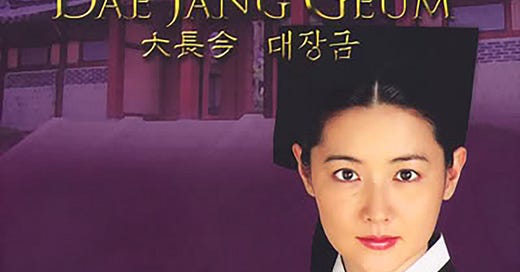Review of Dae Jang Geum
Review of Dae Jang Geum (aka Jewel in the Palace), directed by Lee Byoung-hoon. Written by Kim Yeong-hyeon.
Keep reading with a 7-day free trial
Subscribe to The Objective Standard to keep reading this post and get 7 days of free access to the full post archives.




